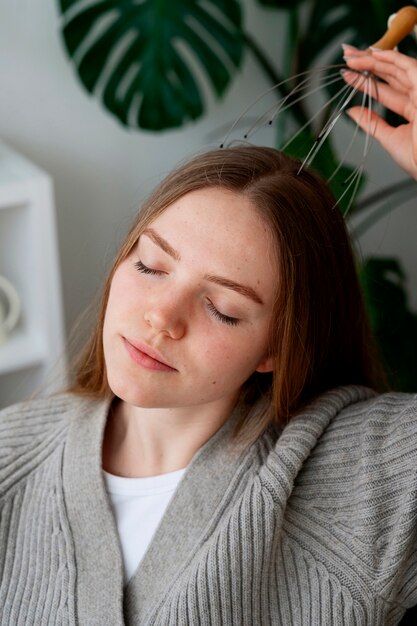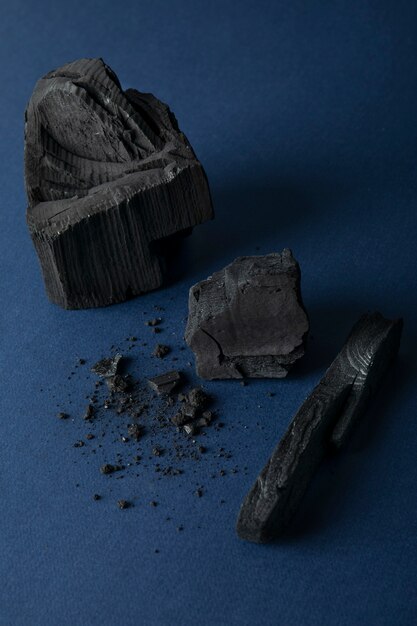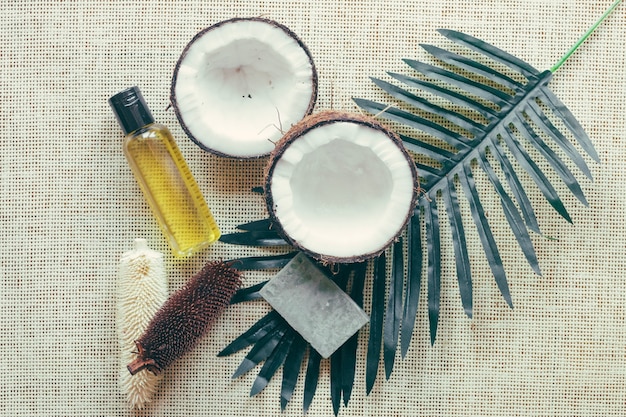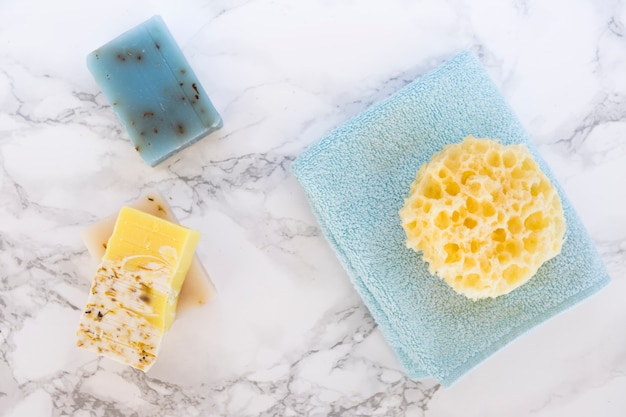
Thyme is a fragrant evergreen shrub that’s a favorite in the kitchen and also known for its medicinal benefits. Both its leaves, flowers, and oil have significant therapeutic properties. The ancient Babylonians, Assyrians, and Sumerians used thyme medicinally nearly 5000 years ago.
During the European Middle Ages, people would place thyme under their pillows to help them sleep better and avoid nightmares. The word “thyme” comes from the Greek word “thymus,” meaning courage. Ancient Greeks used to add fresh thyme to their baths, and warriors believed it boosted their physical endurance.
In Ayurvedic medicine, thyme is valued for its astringent, antimicrobial, antiseptic, antispasmodic, and anti-inflammatory properties.
6 Benefits of Thyme for Health & Beauty
Acne: Thyme has antibacterial properties that can help fight acne. A study from Leeds Metropolitan University found thyme to be more effective than standard acne treatments. Mix three parts coconut oil with one part thyme oil and apply it to your face nightly to combat acne-causing bacteria.
Hair Growth: Thyme provides essential nutrients to hair follicles and improves blood circulation to the scalp, promoting healthy hair growth. Mix thyme oil with coconut oil and massage it into your scalp to lock in moisture and add shine to your hair.
Athlete’s Foot: Thanks to its antifungal properties, thyme can effectively treat athlete’s foot. Add a few drops of thyme oil to warm water and soak your feet until the fungus is gone.
Heart Health: Thyme oil can reduce inflammation that leads to cardiovascular diseases. It helps the heart by ensuring proper valve function and relaxing veins and arteries, which lowers blood pressure and strengthens the heart.
Bad Breath: Thyme is a common ingredient in mouthwash due to its antibacterial and antiseptic properties. Regular use can keep your mouth healthy and reduce the risk of cavities and gingivitis.
Insomnia: If you’re struggling to sleep, try some thyme tea. Its calming properties can help reduce anxiety and improve your mood.
DIY Thyme Spray to Stimulate Hair Growth & Beat Dandruff
We’ve created a simple, effective dry scalp spray using thyme, honey, and apple cider vinegar. This mixture helps lock in moisture and fight dandruff.
Ingredients:
– Fresh thyme (about 1/4 cup)
– 1 tablespoon of honey
– 1/2 cup raw apple cider vinegar
Instructions:
1. Add thyme leaves to a glass jar and pour the apple cider vinegar over them. Seal with a lid.
2. Let the mixture sit for 2-3 days.
3. Strain the leaves and pour the liquid into a cup or bowl.
4. Mix in the honey and pour into a spray bottle.
How to Use:
Spray generously on your scalp as needed. If you have thick hair, part it to ensure the spray reaches the scalp. This spray helps eliminate dandruff and stimulates hair growth. Use it daily if necessary.
5 More Natural Remedies for an Itchy Scalp
While many over-the-counter remedies contain harmful chemicals, there are several natural and safe alternatives.
Apple Cider Vinegar: Known for its anti-inflammatory properties, it kills yeast and viruses that cause itchy scalp. It also balances pH levels, restoring moisture. Mix equal parts apple cider vinegar and water in a spray bottle, apply to your scalp, and let it sit for five minutes before shampooing.
Coconut Oil: With its antibacterial, anti-inflammatory, antifungal, and antiviral properties, coconut oil is a great scalp conditioner. Apply organic coconut oil to your scalp, cover with a bag, and leave it on overnight. Wash and condition as usual in the morning.
Aloe Vera: Fresh aloe vera gel can relieve itchiness and inflammation. Apply a small amount to your scalp, let it sit for at least 15 minutes, then wash and condition.
Lemon Juice: Effective against dandruff, lemon juice has antiseptic properties that cool and heal the skin. Apply fresh lemon juice to your scalp, let it sit for five minutes, then shampoo. You can also mix it with water or yogurt for a comprehensive treatment.
Tea Tree Oil: This oil has antifungal, antibacterial, and anti-inflammatory properties. Add 20 drops to half a cup of shampoo and use a few times a week. Alternatively, dilute pure tea tree oil in coconut oil and massage into your scalp.



